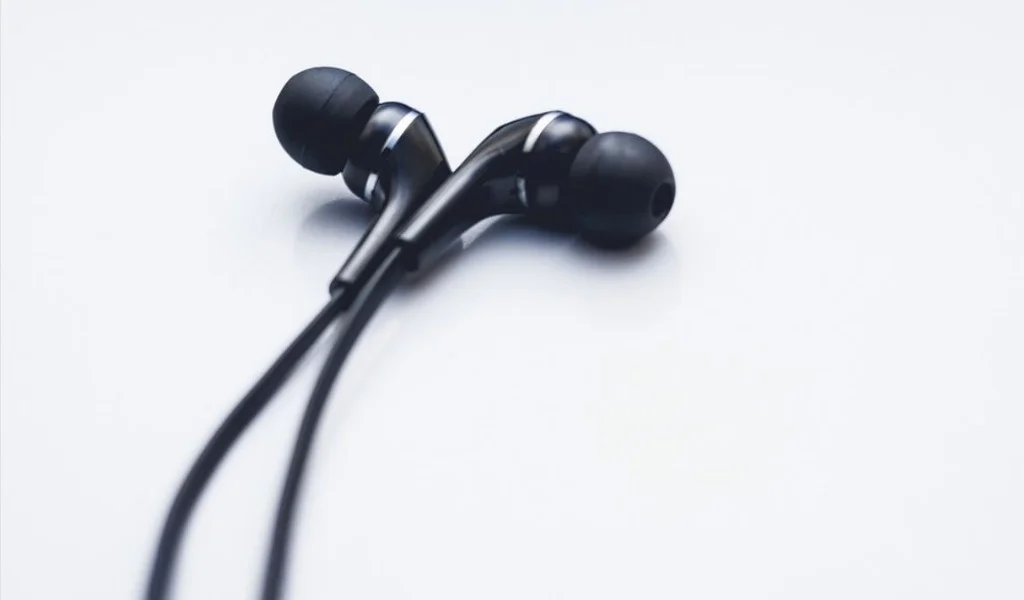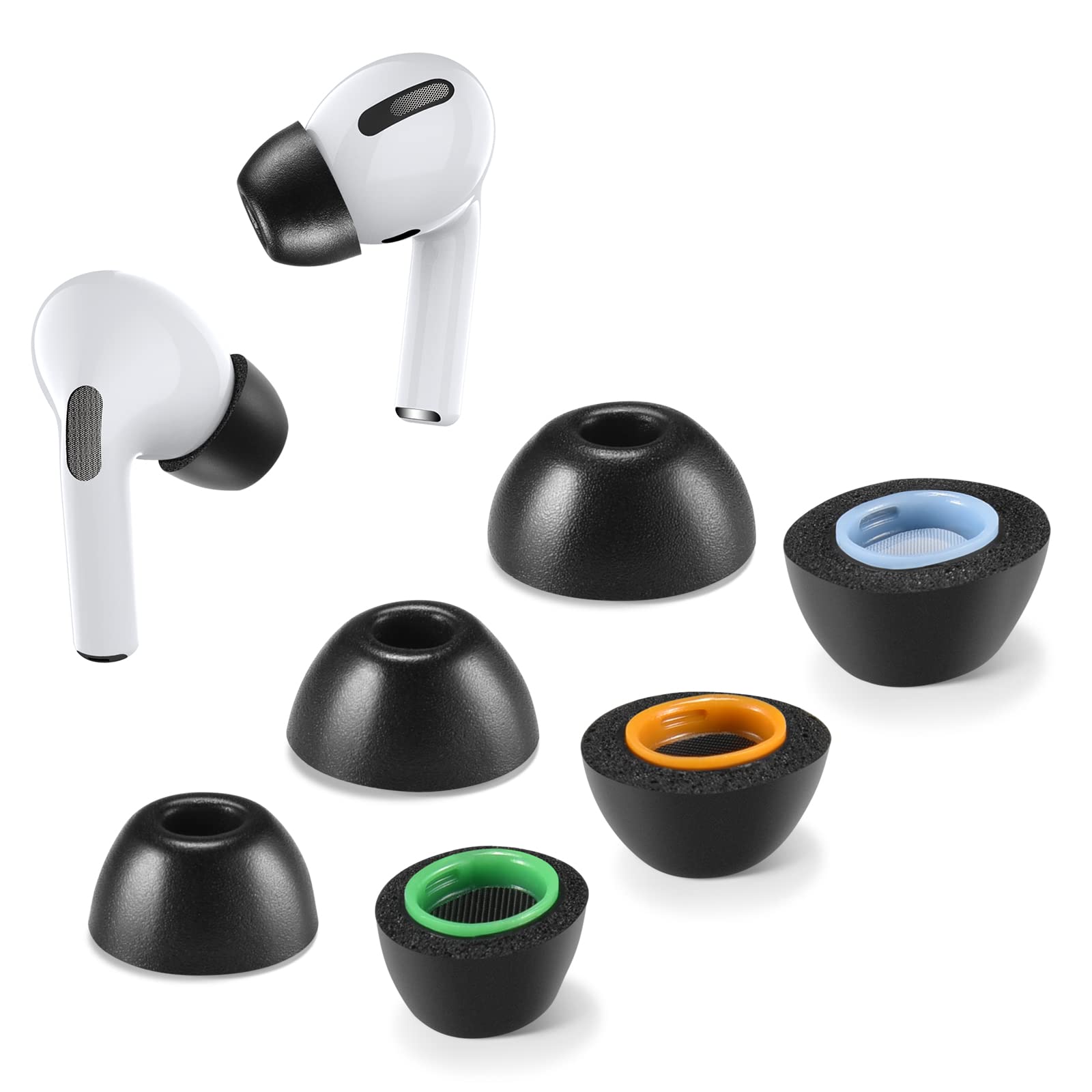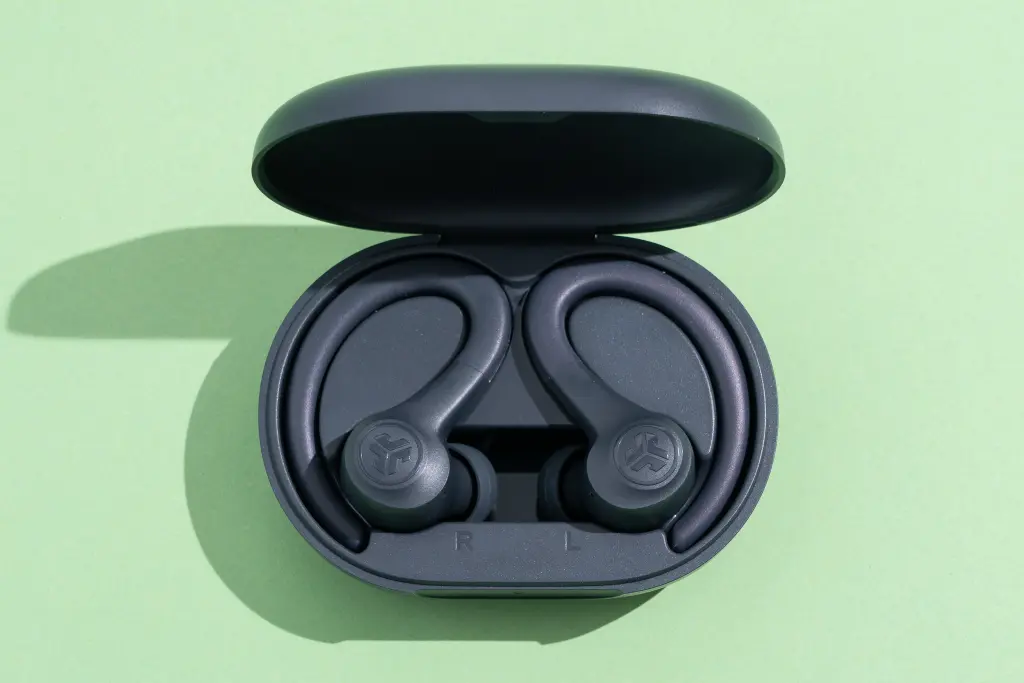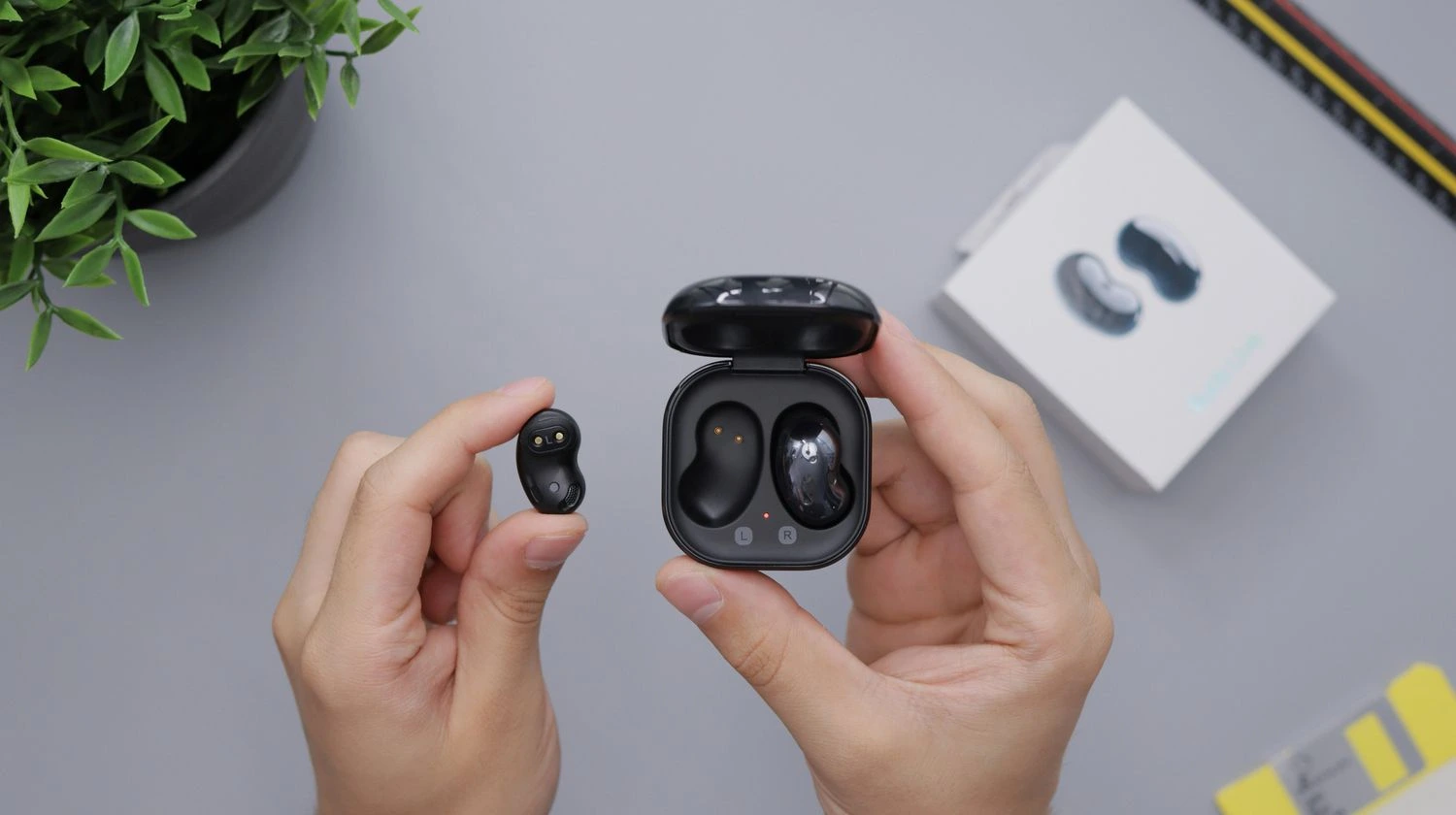Earbuds are a staple in our daily lives, providing us with a personal soundtrack no matter where we go. But have you ever wondered about the small mesh covering the speakers of your earbuds? What happens if it’s removed or damaged? More importantly, is it safe to use earbuds without the mesh?
This article dives deep into this question, exploring the purpose of the mesh, the risks of using earbuds without it, and how to maintain your earbuds for optimal performance and safety. Let’s break it down step by step.
Also Read:
Does Driver Size Matter in Earbuds?
What Are the Different Types of Bluetooth Audio Codecs and How Do They Affect Sound Quality
10mm vs 13mm Driver
How Do I Know When My Earbuds Are Fully Charged?
How Many mm Driver is Good for Earbuds?
How to Reduce Ear Pain from Earbuds
How Long Should You Wear Earbuds a Day?
How Does the Microphone on Earbuds Work?
Can I Connect Smartwatch and Earbuds Together?
TWS Earbuds Under 1000 INR
Tws Earbuds Under 1500 INR
TWS Earbuds Under 2000 INR
What Is the Mesh in Earbuds and Why Is It Important?
The mesh in earbuds is a thin layer—usually made of metal, plastic, or fabric—that sits over the speaker opening. While it may seem like an insignificant component, it plays a critical role in both sound quality and hygiene.

Key Functions of Earbud Mesh
- Protects Internal Components
The mesh serves as a barrier that prevents dirt, dust, earwax, and moisture from entering the speaker. Without this protection, debris can accumulate inside, leading to clogging or permanent damage to sensitive components. - Maintains Sound Quality
The mesh stabilizes sound waves by controlling vibrations and resonance. It ensures that audio output remains balanced and distortion-free. - Promotes Hygiene
By blocking earwax and bacteria from entering the speaker area, the mesh reduces the risk of infections caused by dirty earbuds. - Improves Durability
The mesh extends the lifespan of your earbuds by shielding them from external contaminants and physical damage.
Common Materials Used for Mesh

| Material | Advantages | Disadvantages |
|---|---|---|
| Metal (e.g., stainless steel) | Durable and corrosion-resistant | Can be slightly heavier |
| Plastic | Lightweight and cost-effective | Less durable than metal |
| Fabric or Fiber | Flexible and soft | Prone to wear and tear |
What Happens If You Remove the Mesh?
Removing or using earbuds without their mesh might seem harmless at first glance, but it can lead to several issues that affect both your earbuds’ performance and your ear health.
Immediate Effects
- Exposure to Debris
Without a protective layer, dirt, earwax, and moisture can easily enter the speaker area. This not only clogs the speaker but also makes cleaning more difficult. - Sound Distortion
The mesh helps regulate sound waves. Removing it can result in unbalanced audio output—often amplifying treble frequencies while making bass tones weaker or harsher. - Increased Risk of Damage
Exposed speakers are more vulnerable to physical damage from accidental drops or impacts.
Long-Term Risks
- Hearing Issues
Using damaged or improperly maintained earbuds can lead to hearing problems over time. For example:- Ear infections caused by bacteria buildup.
- Hearing loss due to distorted sound frequencies.
- Reduced Lifespan of Earbuds
Dirt and moisture can corrode internal components, significantly reducing your earbuds’ durability.
Is It Safe to Use Earbuds Without Mesh?
The short answer is: No. Using earbuds without their mesh is generally unsafe for several reasons:
1. Health Risks
- The absence of a protective barrier increases exposure to bacteria and dirt.
- Prolonged use can lead to ear infections or irritation caused by debris entering your ear canal.
2. Compromised Sound Quality
- Removing the mesh may cause audio distortion due to unregulated vibrations.
- Treble frequencies may become overly sharp, while bass tones lose their depth.
3. Reduced Durability
- Unprotected speakers are more prone to damage from sweat, moisture, or accidental impacts.
- Repairs for damaged internal components can be costly—or worse, impossible.
Expert Opinions on Using Earbuds Without Mesh
To provide a well-rounded perspective, let’s look at insights from professionals:
ENT Specialists
Ear-Nose-Throat (ENT) doctors emphasize that dirty or unprotected earbuds are a leading cause of ear infections. According to Dr. Sarah Mitchell (ENT Specialist), “Using earbuds without a protective barrier like mesh increases bacterial exposure significantly, which can lead to painful infections over time.“
Audiophiles
Audio experts agree that removing the mesh doesn’t improve sound quality in any meaningful way. In fact, most audiophiles argue that any perceived improvement is likely psychological rather than technical.
How to Safely Use Earbuds Without Mesh

If you’ve already removed the mesh or are using earbuds without one due to damage or wear-and-tear, here are some tips to minimize risks:
If your current earbuds are damaged beyond repair, consider replacing them with affordable options like TWS under 1000 or that come with proper mesh protection.
1. Clean Your Earbuds Regularly
Without a mesh barrier, cleaning becomes even more critical:
- Use a soft-bristled brush or cotton swab to remove dirt from exposed speakers.
- Avoid using water directly; instead, use rubbing alcohol on a cloth for cleaning external surfaces.
- Clean your ears regularly as well—excessive earwax buildup can transfer onto your earbuds.
2. Limit Usage Time
Prolonged use at high volumes can harm your hearing:
- Keep volume levels below 85 decibels (dB) as recommended by health organizations.
- Take breaks every hour to give your ears some rest.
3. Use Protective Alternatives
If replacing the original mesh isn’t an option:
- Purchase third-party protective covers designed for earbuds.
- Consider using foam ear tips with built-in filters for added protection.
Comparing Earbuds With and Without Mesh
Here’s a detailed comparison table highlighting key differences:
| Feature | With Mesh | Without Mesh |
|---|---|---|
| Protection | Shields against dirt and moisture | Exposes internal components |
| Sound Quality | Balanced audio | Distorted treble; weak bass |
| Hygiene | Reduces bacterial buildup | Higher risk of infections |
| Durability | Longer lifespan | Prone to damage |
| Maintenance | Easier | Requires frequent cleaning |
Signs That Your Earbuds Need Maintenance

Whether you’re using earbuds with or without mesh, regular maintenance is crucial for optimal performance. Here are some signs that indicate it’s time for a cleanup:
- Muffled sound output.
- Visible dirt or earwax buildup on speakers.
- Discomfort during use due to debris transfer.
- Intermittent connectivity issues (especially for wireless models).
If maintenance doesn’t resolve issues and replacement is necessary, budget-friendly options like TWS under 1500 offer good alternatives with intact protective mesh
How to Replace Damaged Mesh
If your earbud mesh is damaged or missing altogether, consider replacing it instead of using unprotected earbuds:
- Check with your earbud manufacturer for replacement parts.
- Purchase third-party filters compatible with your model.
- Follow online tutorials for DIY replacement if professional repair isn’t an option.
Best Practices for Earbud Hygiene
To ensure safe usage and extend the lifespan of your earbuds:
- Clean them weekly with appropriate tools like soft brushes or microfiber cloths.
- Store them in a protective case when not in use.
- Avoid sharing your earbuds with others—this minimizes bacterial transfer.
- Replace worn-out tips or accessories promptly.
Conclusion
Using earbuds without the mesh may seem like a minor issue at first glance, but it comes with significant risks—both for your device’s performance and your personal health. The mesh plays an essential role in protecting internal components, maintaining sound quality, and promoting hygiene.
If you’re dealing with damaged or missing mesh:
- Prioritize cleaning and maintenance.
- Consider replacing the mesh or using protective alternatives.
- Limit usage time and keep volume levels safe for long-term hearing health.
By following these tips and understanding the importance of this small yet vital component, you can ensure that both you and your earbuds stay safe while enjoying high-quality audio experiences!

